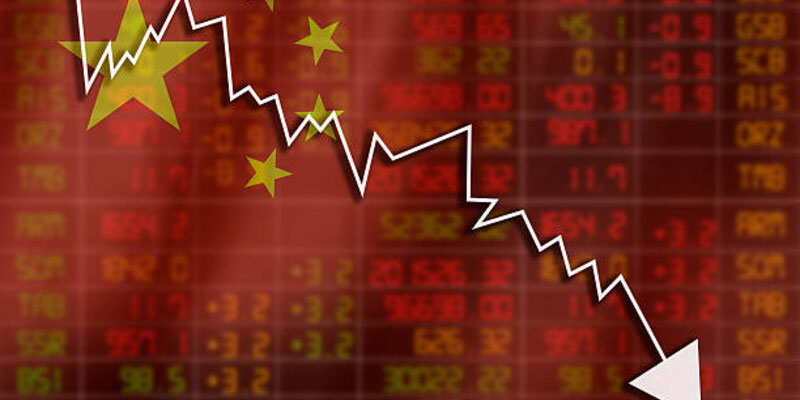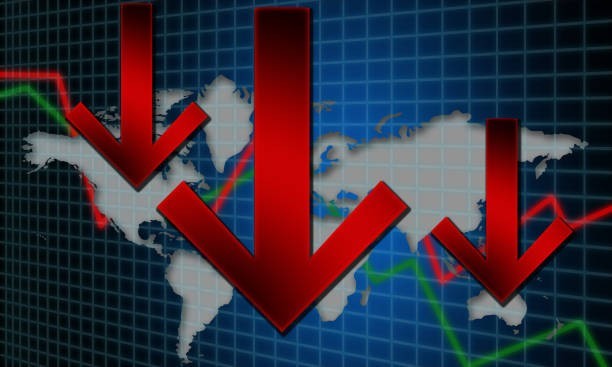
Have you ever heard of a trading halt in the stock market? If this is something new to you, don't worry - you've come to the right place. This post will explain what happens during a trading halt and why they exist. A trading halt is an event that can occur suddenly when certain factors impact markets, cause instability or be pending news announcements; it gives traded assets time to pause so uninformed investors won't make rash decisions based on incomplete information. Although there are drawbacks associated with these unexpected pauses, they can also provide essential guidance for informed buyers and sellers alike. Read on for an in-depth understanding of why trading halts can protect both traders and public shareholders from financial losses, as well as how brokers use them to their own advantage.
What is a Trading Halt and Why Does it Happen?

When trading halts are invoked, the stock market temporarily suspends the trading of specific securities. This can happen when events or news arise that might have a significant impact on the prices of those assets; this often occurs in response to volatile economic conditions, corporate restructuring or pending mergers and acquisitions. Trading halts also occur in advance of material news announcements and other major events, allowing investors to make more informed decisions about their purchases.
Essentially, a trading halt serves as a protective measure for both individual traders and public shareholders. It prevents uninformed trades from occurring; if an investor does not have sufficient information prior to buying or selling shares of a certain asset, they could suffer financial losses as a result. It also serves to create stability in the market by allowing investors who are informed of the news or event to make decisions at their own pace, rather than being forced into a rushed decision due to fear or anxiety over uncertain market conditions.
How Do Brokers Use Trading Halts?
Brokers use trading halts as a means of making money from trades, although the process is not always ethical. By holding back information about pending news or events, brokers can buy and sell shares in advance of their release to the public; this allows them to take advantage of traders who may be unaware of the upcoming event. This type of behavior is illegal, however, and can result in serious financial penalties for those who practice it.
Types of Trading Halts :

There are three primary types of trading halts that can occur in the stock market: regulatory, news, and voluntary. A regulatory halt usually occurs when a security is being investigated by the Securities and Exchange Commission (SEC) or other government agency; this could be due to suspicious activities or legal issues. News stops happen when a relevant event occurs, such as an earnings announcement or a major news story; this allows investors time to digest the news and make more informed decisions. A voluntary halt is initiated by the company whose security is being traded; this could be done for various reasons, including financial stress or corporate restructuring.
How to Trade During a Trading Halt?
Trading during a halt can be tricky, as the exact rules vary by exchange. Generally, investors who already own shares of an asset will be able to trade them during a trading halt; however, new purchases may not be allowed until the halt is lifted. It's always best to check with your broker or financial advisor if you are considering trading during a trading halt.
Conclusion:
A trading halt is an event that can occur suddenly when certain factors impact markets, cause instability or be pending news announcements. These temporary pauses are designed to
protect uninformed investors from making rash decisions based on incomplete information. Although they can cause disruption in the market, they also provide essential guidance for informed buyers and sellers alike. Finally, brokers may use trading halts to their own advantage, by holding back news or other information that can give them an edge in the market. For these reasons, it's important for traders to understand what a trading halt is and how they work.
FAQs:
Q: What is a trading halt?
A: A trading halt is an event that can occur suddenly when certain factors impact markets, cause instability or be pending news announcements. It gives traded assets time to pause so uninformed investors won't make rash decisions based on incomplete information.
Q: How do brokers use trading halts?
A: Brokers use trading halts as a means of making money from trades, although the process is not always ethical. By holding back information about pending news or events, brokers can buy and sell shares in advance of their release to the public; this allows them to take advantage of traders who may be unaware of the upcoming event.
Q: How do I trade during a trading halt?
A: Trading during a halt can be tricky, as the exact rules vary by exchange. Generally, investors who already own shares of an asset will be able to trade them during a trading halt; however, new purchases may not be allowed until the halt is lifted.



